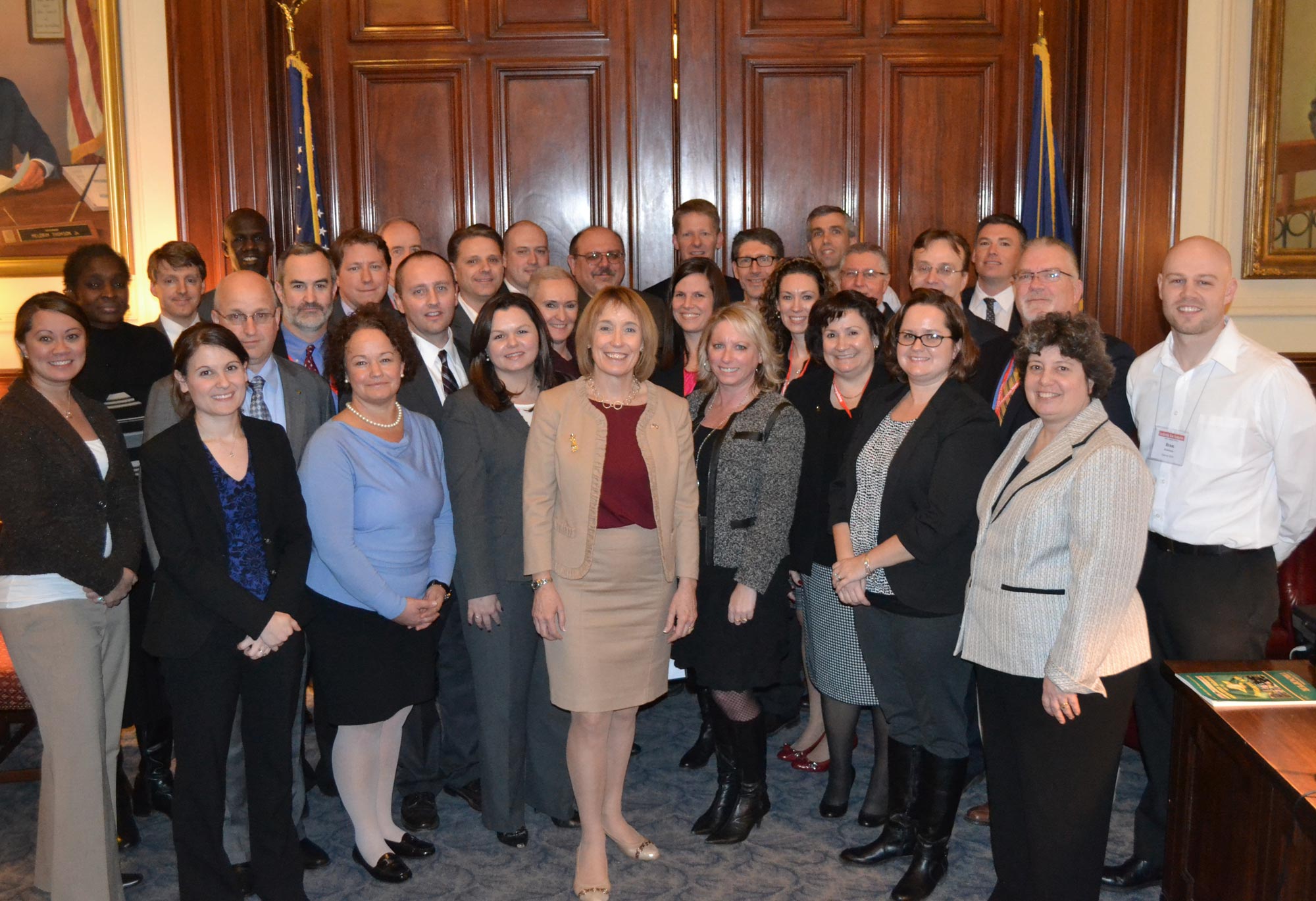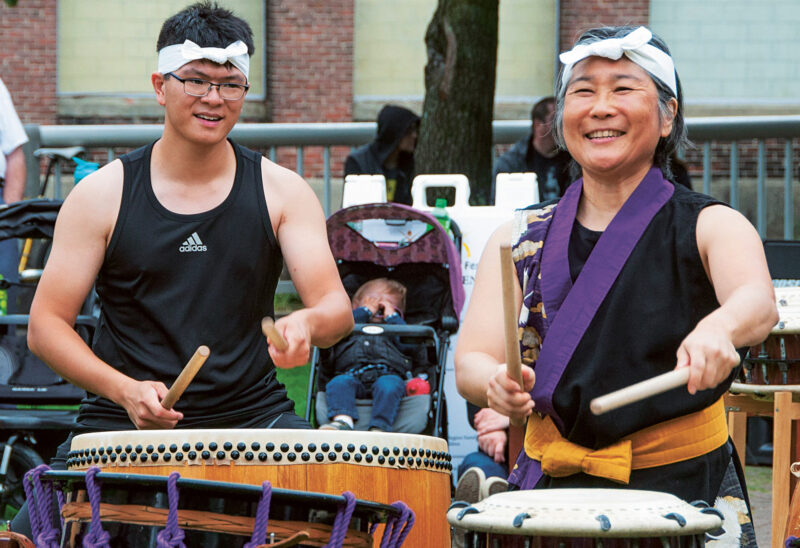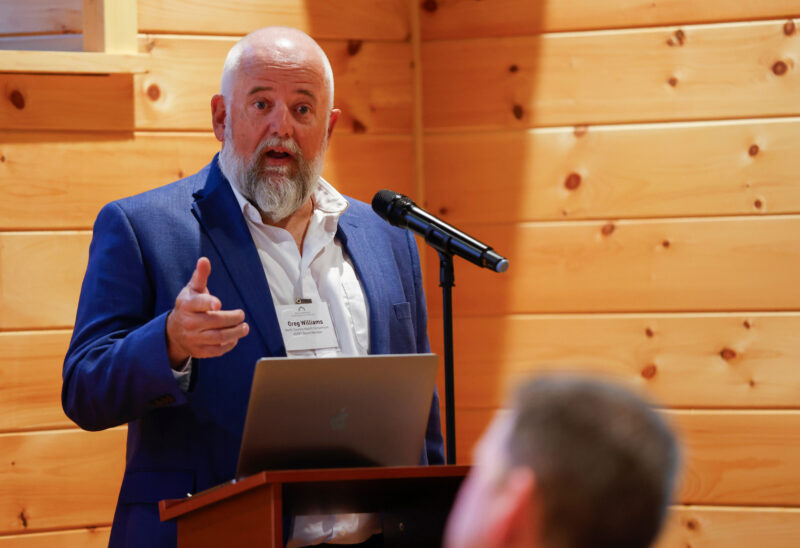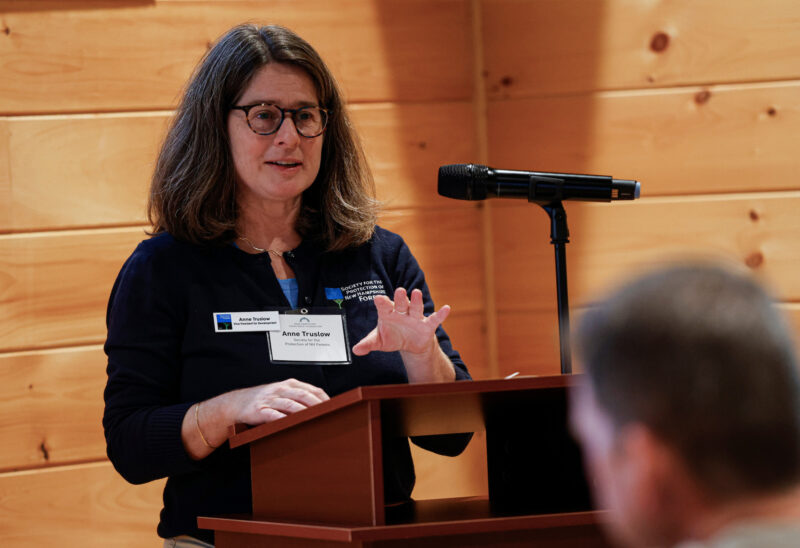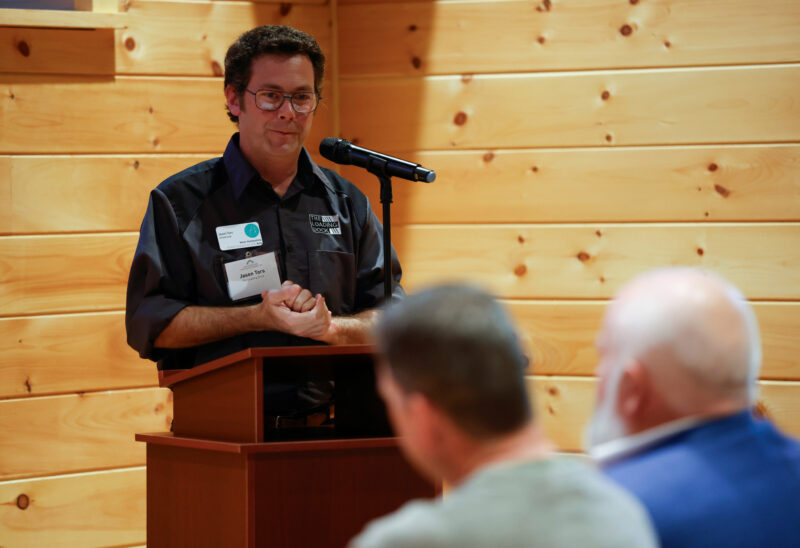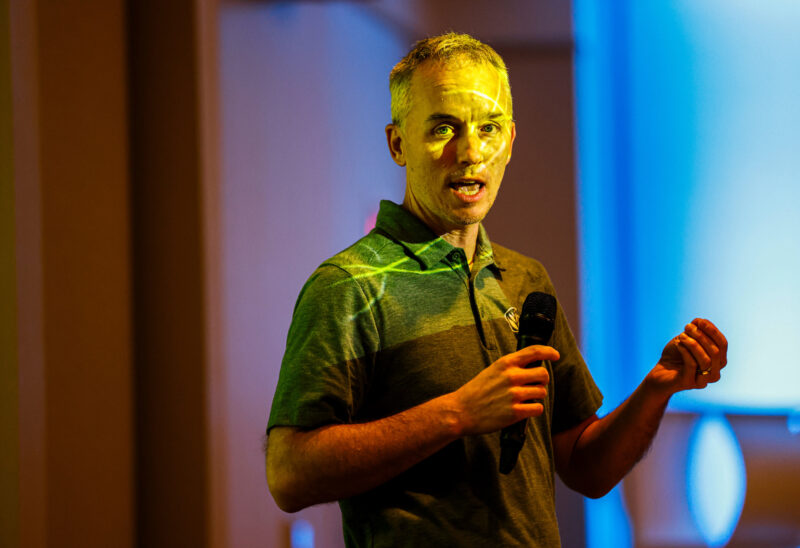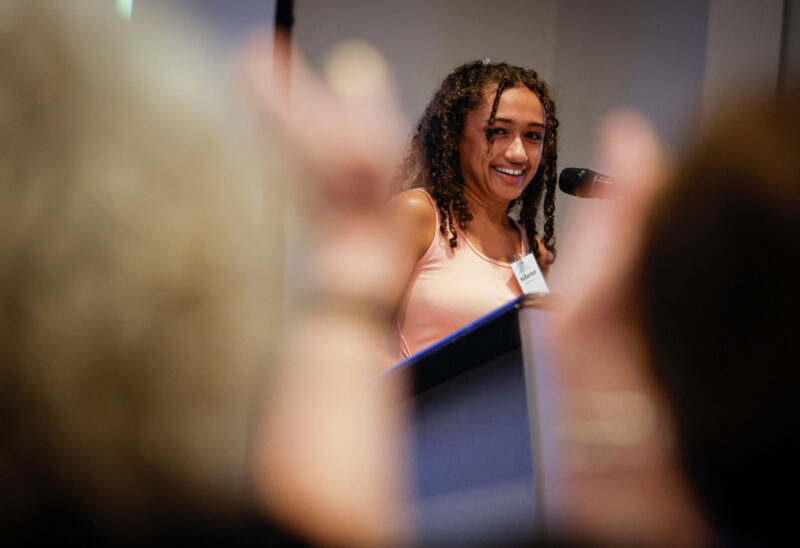When Leadership New Hampshire — which just announced its Class of 2015 — was created in 1992, the intent was to introduce emerging new leaders to one another, inform them about statewide issues, and prepare them to engage in New Hampshire’s rich civic life.
Its mission: “to build a community of informed and engaged leaders.”
It has succeeded, and continues to succeed.
The program’s 754 graduates represent emerging and established leaders from the business, government and the nonprofit sectors. Participants gain a deeper understanding of the state, a wellspring of ideas and a rich network of connections.
The creation of a statewide leadership program was one of 14 recommendations that emerged from the Governor’s Commission on the 21st Century, created by then-Governor Judd Gregg. The idea needed someone to take ownership — and commit to bring it to fruition. Former Foundation president Lew Feldstein and John Crosier, former president of the New Hampshire Business and Industry Association, raised their hands.
The Foundation and the BIA raised money and were the program’s chief sponsors and champions. Crosier and Feldstein served on the board for many years.
“The Charitable Foundation has been absolutely front and center from the very beginning,” said LNH founding executive director Cotton Cleveland. “And it hasn’t just been financial support — it’s been been really active, top-level board support, and it’s been staff support, it’s been money, advice and counsel, and sending their staff to the leadership program.”
Participants are nominated or can apply to participate.
Over the course of ten months, participants learn about issues and challenges facing New Hampshire, visit near and remote corners of the state and meet and have the opportunity to interview a variety of people — from top state officials to students and teachers, artists, prison inmates and corporate and nonprofit leaders.
“They’re dealing with issues they don’t normally think about and doing so with people with whom they might not ordinarily hang around,” LNH Executive Director Stephen Reno said.
At the initial LNH retreat, participants room in camp bunkhouses, four to a room. By the end of the year, they have a built a community — with a wide network of connections.
Leadership New Hampshire graduates have gone on to engage more deeply at the local and state level, and taken their richer understanding of the state to key positions in the private, government and nonprofit sectors.
Reno recently reviewed some comments from alumni.
“Statewide perspective.”
“Found my voice.”
“Found colleagues, people I can work with.”
“Want to get involved.”
“Those were the four most frequently noted things,” Reno said. “And then you go look at what they’ve done…they’ve run for the New Hampshire House…they serve on boards, are chairs of commissions, have leadership positions in service organizations… and they all say that Leadership New Hampshire had a role in helping them see that this is what they could do and should do.”
TO LEARN MORE, VISIT WWW.LEADERSHIPNH.ORG

